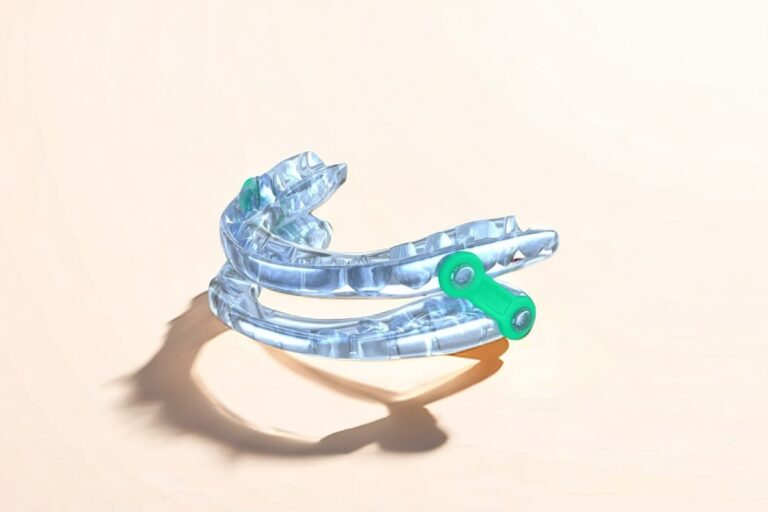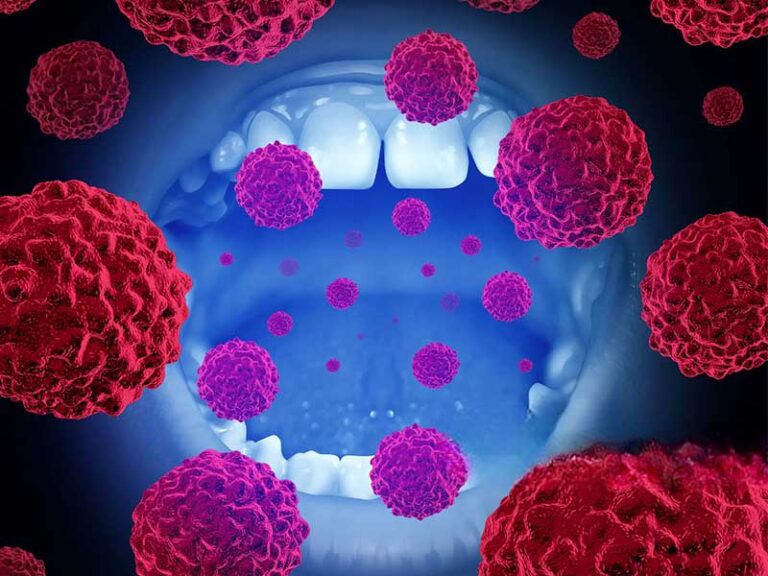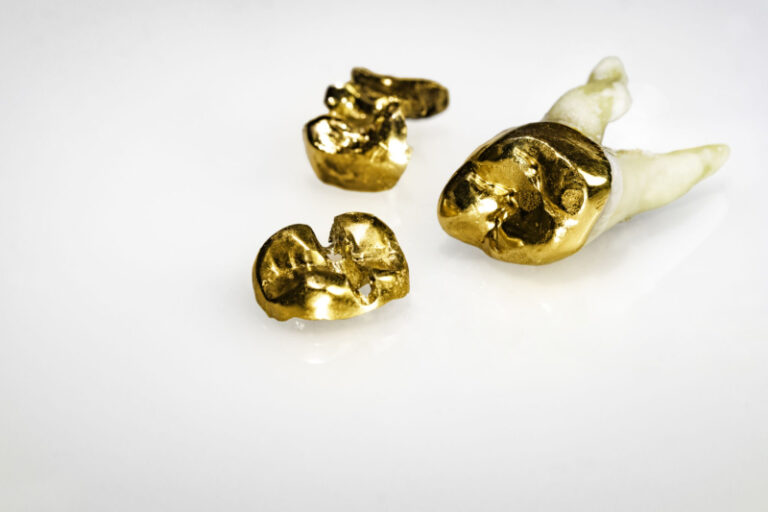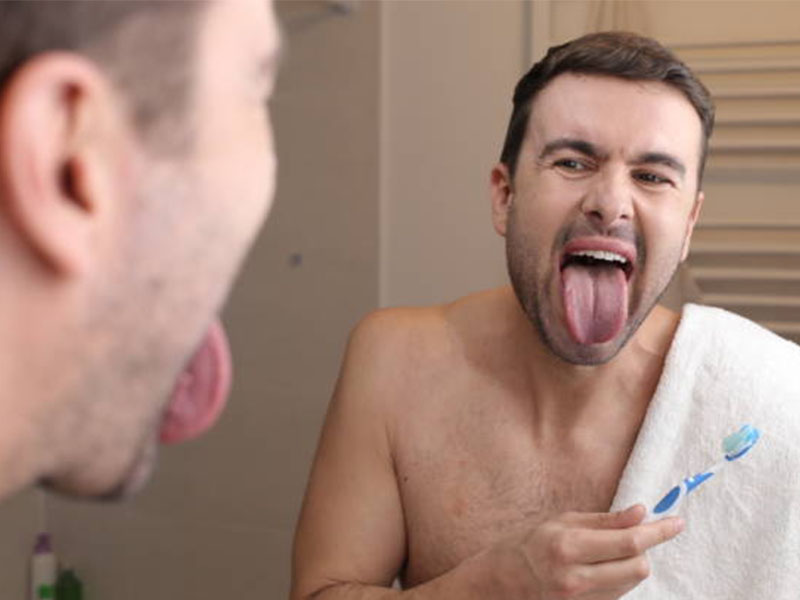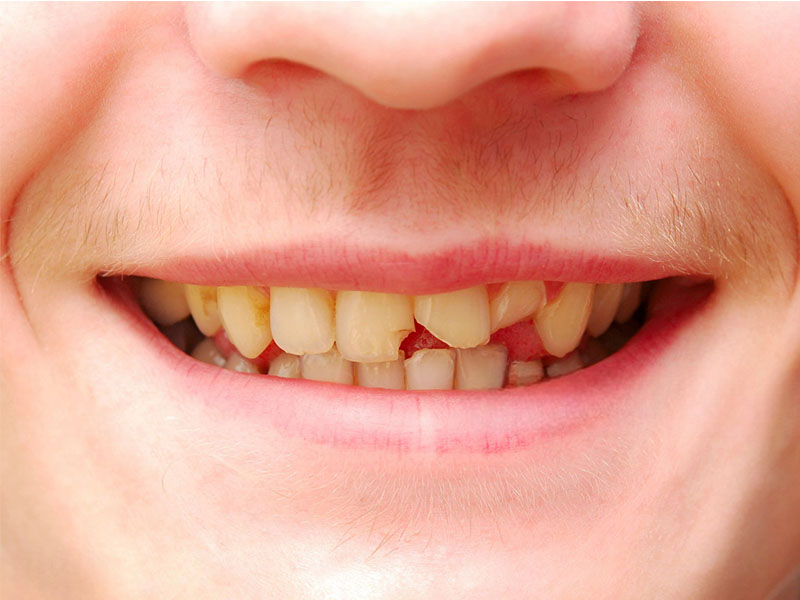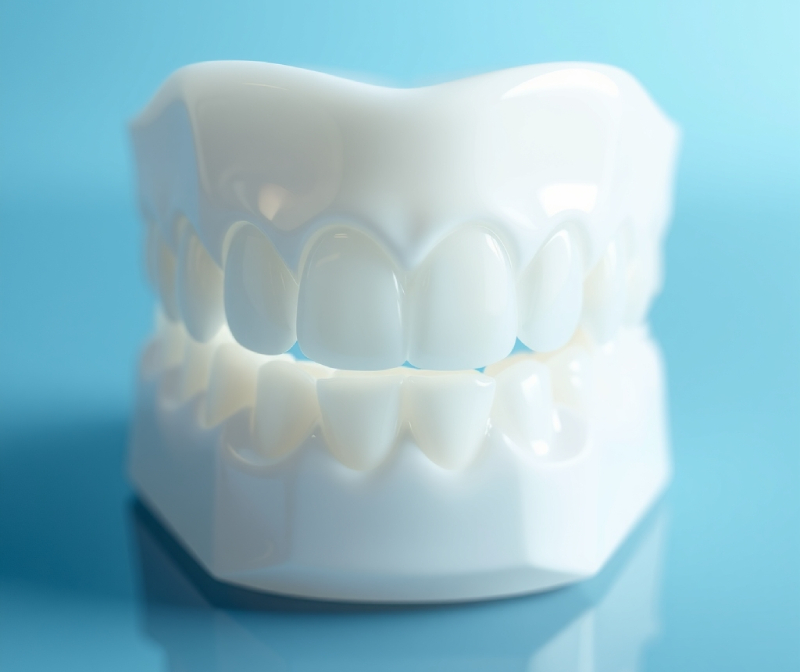
Facts About Missing Teeth: Causes, Impacts, and Solutions
Table of Contents
Introduction: Why Missing Teeth Matter to Me
When I lost my first tooth in my late thirties, I thought it wasn’t such a big deal. It was just a small hassle, something I could live with. But as time went on, I saw how missing even one tooth could change so many things in my life. If you’re reading this, maybe you’re missing a tooth too, or you know someone who does. Maybe you’re wondering what happens next, what you should do, and most of all, if it’s really that big of a deal to fix it. I want to share everything I’ve learned the hard way, with honest facts and some advice I wish I’d heard sooner.
The Main Reasons People Lose Teeth
You need to know why teeth go missing before you can really understand what to do next. I used to think it was only from not brushing enough, but there’s a lot more to it.
Dental Caries (Cavities): Slow Destruction
For me, it started with a small cavity in a back tooth. I put off seeing my dentist, thinking it could wait. Soon, the hole got so bad the only way to stop the pain was to pull the tooth. Tooth decay is sneaky. If you ignore it, cavities quietly eat away your tooth from inside. By the time you really feel pain, it could be too late. Trust me—never ignore a little ache in your tooth!
Gum Disease: The Silent Saboteur
A friend of mine lost several teeth, but not from cavities—it was gum disease. It starts as bleeding when you brush (that’s called gingivitis) and, if you don’t do anything, it turns into periodontitis. That’s when your gums and the bone holding your teeth start to break down, so teeth get wobbly. By the time he got help, the bone was so gone the teeth couldn’t be saved.
Accidents and Injuries
Life can surprise you. I’ve met people who lost teeth from playing sports, taking a fall, or even in a car crash. One second you’re fine, the next you have a gap. Teeth can break, get knocked out (dentists call it “avulsion”), or get cracked so badly they can’t be fixed.
Congenital Issues
Some people are just born missing certain teeth (that’s called anodontia or hypodontia). I didn’t know how often this happened until I talked to a coworker whose son never got some of his grown-up teeth. Sometimes, it’s the front teeth, which makes it even harder for kids.
Other Factors
Grinding your teeth at night (called bruxism) wore down one of my molars over time. People with health problems like diabetes or weak bones have more trouble with tooth loss. Old dental work, like a root canal that goes bad or a broken filling, can cause it too. Teeth can just get old and wear out. And if you smoke, the risk shoots up. At the end of the day, there’s usually more than one thing to blame.
How Missing Teeth Affected My Life
At first, I told myself losing a back tooth was no big deal. No one could see it, right? But it changed more than I thought.
Chewing Became a Challenge
I noticed myself always chewing on the side with all my teeth. Suddenly, things like steak or apples were off my list. I’d cut everything up small and chew carefully, worried I might break another tooth—being that careful all the time is no fun.
Speaking Got Harder Than I Thought
Miss a front tooth? That’s a whole new ball game. I met an older man at my dentist’s office who started talking with a lisp when he lost a tooth. Later, I found that even a missing side tooth made me mumble or skip words, so I started covering my mouth when I talked.
Food Choices Changed—And So Did My Health
I ended up eating softer (and usually less healthy) foods because eating a crunchy salad or biting an apple hurt. Over time, this affected my stomach, and I just didn’t feel as good as before. It’s not just about looks—what you eat matters for how you feel.
The Face in the Mirror Looked Different
You know that “sunken” look some older folks have? Turns out, that happens because your jawbone shrinks after you lose teeth, especially if you lose a few in a row. Over a few years, my jawline changed. My cheeks weren’t as full. This knocked my confidence more than I’d expected.
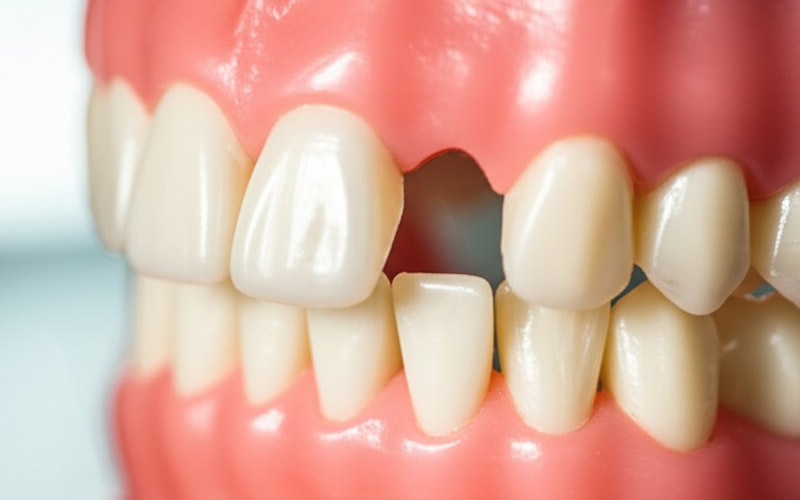
Beyond Looks: The Real Health Risks
You might think “it’s just a missing tooth,” but our bodies don’t work that way. Here’s what really shocked me.
Teeth Start Shifting and Collapsing
Over time, I saw my nearby teeth start moving into the gap. The tooth above tried to move down searching for something to bite on. My bite changed. Dentists call this “malocclusion,” and it can cause headaches, jaw pain, and teeth that wear down uneven.
Bone Loss: Out of Sight, Not Out of Mind
After a tooth is gone, the jawbone below starts to disappear—it’s called bone loss. I was surprised to hear that in the first year after losing a tooth, you can lose up to a quarter of your jawbone there. My dentist showed me before-and-after x-rays. Without a tooth to use, the bone fades away.
Wait too long to fill the gap and you’ll need extra surgery for implants.
Higher Risk for Gum Disease and Decay
Gaps became food traps. Cleaning them got tougher. Food got stuck, more germs, more trouble for my other teeth. It’s like a row of dominoes—one falls and they all start to go.
Trouble With TMJ and Jaw Pain
Because my bite was now uneven, I started waking up with jaw aches and headaches. That’s a problem with your jaw joint, which dentists call TMJ. Sounds crazy, but losing just one tooth really does change things.
Link to Heart Disease, Diabetes, and More
Studies show that people who lose teeth—especially from gum trouble—face a higher risk of heart problems and diabetes. Your mouth health is tied to your body’s health. That empty spot may be telling you something.
How Missing Teeth Changed My Social Life
Missing a tooth doesn’t just hit you when you eat or smile—it changes how you see yourself and how others see you.
Confidence Took a Hit
I used to smile big in photos. After my first tooth went missing—even though it was in the back—I got embarrassed. I started worrying people might notice. Friends who’d lost front teeth told me they felt ashamed too.
Avoiding Social Gatherings Was Real
I didn’t want to go out to eat with friends anymore. What if something got stuck? What if I said a word wrong or sprayed crumbs? Turns out, this happens to a lot of people.
Work Life Was Affected Too
At work meetings, I talked less. I’ve heard of people missing out on promotions or not wanting jobs where they have to talk to customers, all because they didn’t want anyone to see their missing teeth.
I know all this sounds pretty heavy, but knowing the impact helps. There are good solutions.
Your Options for Replacing Missing Teeth
After lots of worrying, I started looking into my choices. Replacing teeth is up to you, but it helps to know what’s out there. Here’s what I found, good and bad.
Dental Implants: My “Gold Standard”
If you want something that looks and acts like a real tooth, implants are the best option. I finally got one for my missing molar. It was a game changer.
What It Involves
It might sound scary, but it’s not that bad. My dentist put a tiny metal post in my jawbone (with the area numb, and only a little pain after). A few months later, the bone and the post stuck together (they call this “osseointegration”) and then they put a crown on top that looks—and works—like a real tooth.
Why It’s Great
- Looks and feels real
- No need to shave down other teeth (unlike a bridge)
- Keeps your jawbone strong
What to Watch Out For
- It’s surgery (so expect a few months to finish)
- Costs a lot (usually $3,000 to $6,000 or more)
- You might need more bone for an implant; sometimes extra bone is needed
Implant success rates are really good—about 95% or higher.
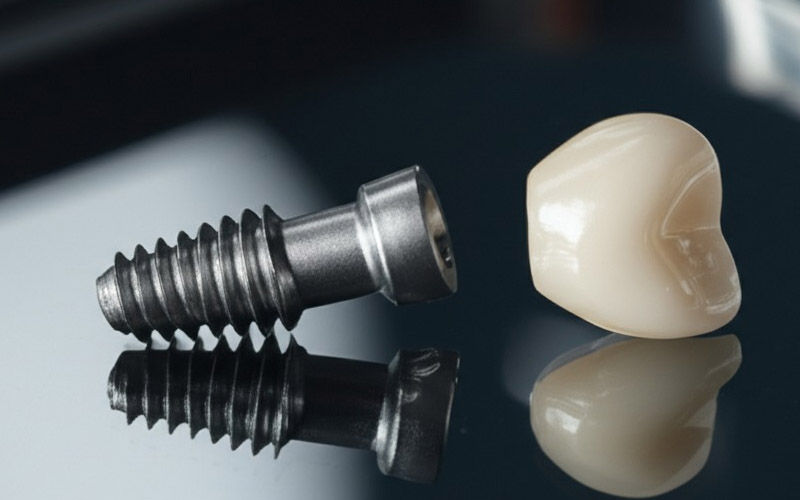
Dental Bridges: A Time-Tested Fix
Before implants, my dentist offered me a bridge. They shave the teeth next to the gap and attach a fake tooth between them.
My Experience
- It worked fast—gap was gone in a couple of weeks.
- Had to get crowns on two good teeth. That’s the tradeoff.
- Not forever (lasts 5-15 years), but let me chew and talk like normal again.
Pros
- Faster than an implant
- Cheaper up front ($2,000 to $5,000)
- Good for replacing one or two teeth
Cons
- Means grinding down nearby teeth
- Doesn’t stop jawbone shrinking
There are different types: regular, cantilever, and Maryland bridges. Dentists will pick what fits you best.
Dentures: Not Just for Seniors
When people hear “dentures,” they picture old folks. But partial dentures can work for anyone with several missing teeth, and full dentures are still used for people who’ve lost all their teeth.
My Family’s Story
My mom got partial dentures in her forties (from gum trouble and bad cavities). They took some getting used to, but they brought her smile and confidence right back.
Plus Side
- Cheaper to start
- No surgery, quick fix for looks and chewing
- You can take them out to clean
Downsides
- Can feel bulky or weird at first
- Need to get refitted over time, since your jaw changes
- Won’t stop jawbone from shrinking
But modern dentures look way better than you’d think. If money’s tight, they’re a solid choice.
Why Replacement Matters
Looking back, I wish I’d known how fast a single missing tooth could cause bigger problems. Gaps lead to more teeth moving, more bone loss, harder chewing, and more worry. Filling the space isn’t just about looks—it’s about keeping your mouth healthy for years.
What Worked for Me: Implants, Bridges, and Dentures
If you’re deciding, here’s my simple advice:
- Miss just one tooth and want a “do it and forget it” fix? Implants are worth the money if you can afford it.
- Missing a couple in a row and nearby teeth are strong? Try a bridge—just commit to cleaning them well.
- Lost most or all teeth? Today’s dentures are much better. It takes patience to get used to them, but you’ll feel better.
- Ask your dentist about every option. There’s usually more than one way to fix it.
Preventing Tooth Loss—Lessons I Learned
Wish I could travel back in time and warn myself. Since I can’t, I’ll share these tips with you.
Brush, Floss, and Use Mouthwash (Don’t Skip!)
This stuff is simple. But missing even one week cost me a tooth. Now, I never skip flossing and use a fluoride wash every night.
Don’t Put Off Dental Visits
If I’d just gone in when I felt something was off, I might still have my molar. Go for checkups at least twice a year—they spot problems before they hit hard.
Protections for Fun and Sleep
My niece lost a tooth in basketball—a mouthguard could have saved her. I wear a night guard now so I don’t grind my teeth away. If you play sports or grind at night, ask about protection.
Watch Your Diet and Habits
Soda, candy, and snacks made my teeth weak. I cut down on both, and my teeth feel stronger. I quit smoking too, and my dentist noticed for sure.
Other Health Matters
Keep problems like diabetes in check so your gums stay healthy. If your doctor gives you new medicine, ask if it might hurt your teeth too.
Common Questions About Missing Teeth
Over the years, people have asked (and I’ve asked) lots of stuff. Here are some quick answers:
Q: Is replacing a back tooth really that important?
Yes. Even if you can’t see it, chewing, talking, and jaw health all count on every tooth.
Q: Can kids get implants?
Usually, dentists wait until kids are almost all done growing before placing implants. For young ones, removable teeth or bridges are used.
Q: How long do implants, bridges, or dentures last?
Implants: Usually last 10-20 years or longer
Bridges: Most about 10 years
Dentures: Usually need new ones or a refit every 5-10 years
Q: Does insurance pay for all this?
Dental plans vary a lot. Some pay for taking bad teeth out and partial dentures, a few pay for bridges, but it’s rare for insurance to cover implants. Ask your insurance company—there may be payment plans too.
Q: Can missing teeth really cause health problems?
Definitely. Losing teeth makes you more likely to get gum disease, jaw problems, bone loss, and even heart trouble over time.
Final Thoughts: Don’t Ignore That Gap
If I could tell you just one thing, it’s this: don’t wait. Missing teeth are not just a “looks” thing—they cause real, lasting problems. The sooner you do something—whether it’s a cleaning, a visit to your dentist, or thinking about how to fill the empty spot—the more choices you get and the less likely you’ll face bigger headaches later.
Believe me, I started out with the same worries, questions, and doubts you might have right now. But after going through it, asking experts, trying out different fixes, and seeing how much better I felt inside and out, I can tell you it’s worth it to take action.
Not sure where to start? Ask your dentist. Don’t be afraid to ask questions. Look at all the solutions. But whatever you do, don’t ignore that gap. Your health—and your smile—matter.
This article is based on my own story, research, and advice from dentists. For help with your teeth, talk to your dentist or medical provider for advice that fits you.

